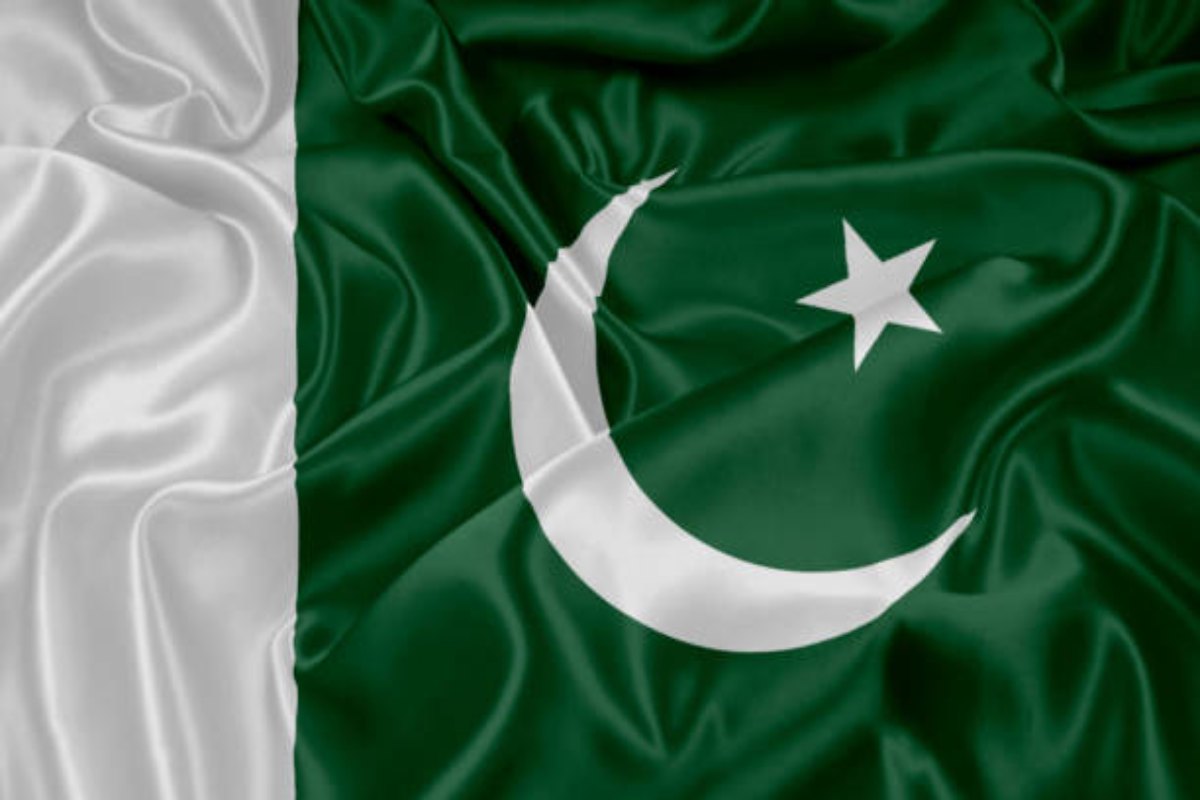Cong defeated ‘Bangladesh’ in semis, will rout ‘Pakistan’ in finals: Reddy
Reddy was addressing a meeting of the Congress social media team and took digs at both the BJP and the BRS.
In a region already simmering with geopolitical complexities, the cross-border exchange between Iran and Pakistan has added another layer of uncertainty.

[Representational Photo : iStock]
In a region already simmering with geopolitical complexities, the cross-border exchange between Iran and Pakistan has added another layer of uncertainty. What initially seemed like a reflection of broader strife in West Asia turns out to be deeply rooted in the restive borderlands between the two nations. The key question here is whether this skirmish is a mere symptom or a potential catalyst for greater regional turmoil. At the heart of the matter is Iran’s strike on Pakistan, a move that sent shockwaves across the region. However, peeling back the layers reveals a narrative driven not by West Asian ambitions, but rather by Iran’s internal security concerns.
The missile strike, targeting the Sunni militant group Jaish al-Adl in Pakistan, was a response to rising anxieties within Iran about the threat of domestic militant violence. This internal pressure escalated following a deadly bombing on January 3, claimed by the Islamic State group, which killed nearly 100 people in the south-eastern city of Kerman during a ceremony commemorating the slain commander, Qassem Soleimani. The Iranian leadership faced an embarrassing revelation that its security apparatus was vulnerable, leading to a swift and robust response to demonstrate its capabilities. The motivation is clear ~ a desire to assure the Iranian populace that the government is committed to their safety. The strike on Jaish al-Adl, with alleged links to Islamic State, becomes a strategic move to eliminate perceived threats and showcase Tehran’s determination in the face of adversity. On the other side of the border, Pakistan’s retaliation marked a historic moment ~ the first air strike on Iranian soil since the Iran-Iraq war of 1980-88. Pakistan’s actions, targeting separatist militants within Iran, indicate a delicate balancing act. Islamabad must manage the fallout of the cross-border exchange while maintaining its internal stability, especially in the face of a looming security review by top civilian and military leaders. While this may seem like a localised issue, the implications are far-reaching. West Asia, already grappling with tensions from the Israel-Hamas war, is now witnessing a ripple effect that extends beyond its borders.
The strikes in Iraq, Syria, and the recent events between Iran and Pakistan underscore a broader pattern of regional instability. Despite the heightened tensions, both Iran and Pakistan seem to signal a reluctance to escalate further. The carefully crafted statements from both governments avoid linking the cross-border incidents to the Gaza conflict or the activities of Arab militias allied to Iran. This nuanced approach suggests a desire to contain the situation and prevent a broader regional conflagration. As the dust settles, the call for diplomatic engagement gains prominence. The age-old issue of border security and mutual accusations of complicity in supporting militant groups require a comprehensive dialogue to address root causes and prevent future flareups. The focus should not solely be on the cross-border dynamics but on the underlying domestic and regional challenges that contribute to such incidents.
Advertisement
Advertisement